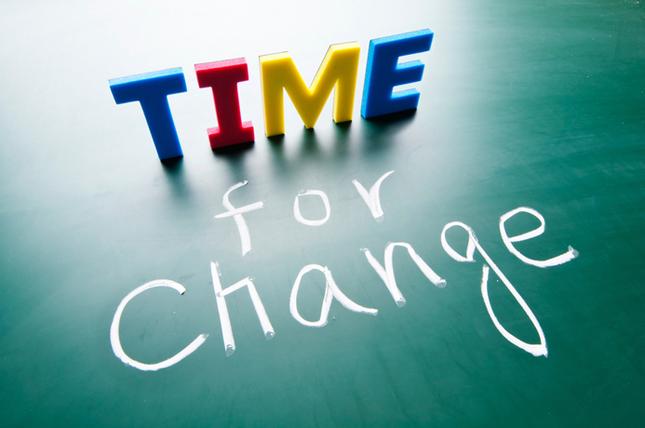Murphy’s Love: Advice on Intimacy and Relationships: It’s Not Too Late for You
By • August 19, 2015 0 1673

Dear Stacy,
I am in my early 50s, a father to three sons and husband to a great wife. But I feel like I missed out on the chance to have the right career. I am a contractor, basically because I have never found a place I wanted to spend more than a six-month stint. I truly hate the work I do every day and can’t believe I’m this far into a career that I’ve never liked. I am so disappointed that I didn’t take more risks after college. I just fell into a field that never made me happy or excited about work. Whenever I talk about changing careers to something I might actually like (chef, psychologist, teacher), my wife freaks out because we are about to have our third kid in college. The thought of following my dream, even though I’m not even sure what that dream is, scares me to death, so instead I do nothing. Advice?
– Frozen
Dear Frozen:
Okay, let’s start by saying that, while you didn’t outright blame your wife for holding you back, I worry about how much of this you lay at her feet. Anyone facing three tuition bills would be concerned when her partner says he might become a novice food-truck proprietor. Her anxiety is not unreasonable, but if you label it the reason you can’t move forward, you are doing long-term damage to your marriage. Let’s turn the focus back to your role in all of this.
I work with a lot of college students and I know about the pressures to follow the trajectory set out when you pick a major at age 18. I also know that many people spend lots of time in offices like mine lamenting those youthful decisions, feeling powerless to change course. The conversation almost always leads back to a fear of embarrassment about having to “admit you made a mistake” about what career path to choose.
We have to change this narrative. Most of us have no idea what we really want to be when we are 18, because we have no idea who we are yet. We make decisions based on feedback from others (e.g., “You’re a good arguer? You should be a lawyer!”) rather than on any understanding of what it will really feel like to live that life. And that’s okay, as long as we allow people to change lanes later.
I was “a good writer,” so I became a journalist. Little did I know that phone interviews and solitary writing would feel like punishment to my overly extroverted self. When I changed course and went to grad school at age 28, I was one of the youngest people in my program. The people sitting around me were mostly in their 50s and 60s, taking a chance to find the meaningful work that circumstances or lack of self-knowledge kept them from for the first few decades of their working life. It wasn’t too late for them and it’s not too late for you.

